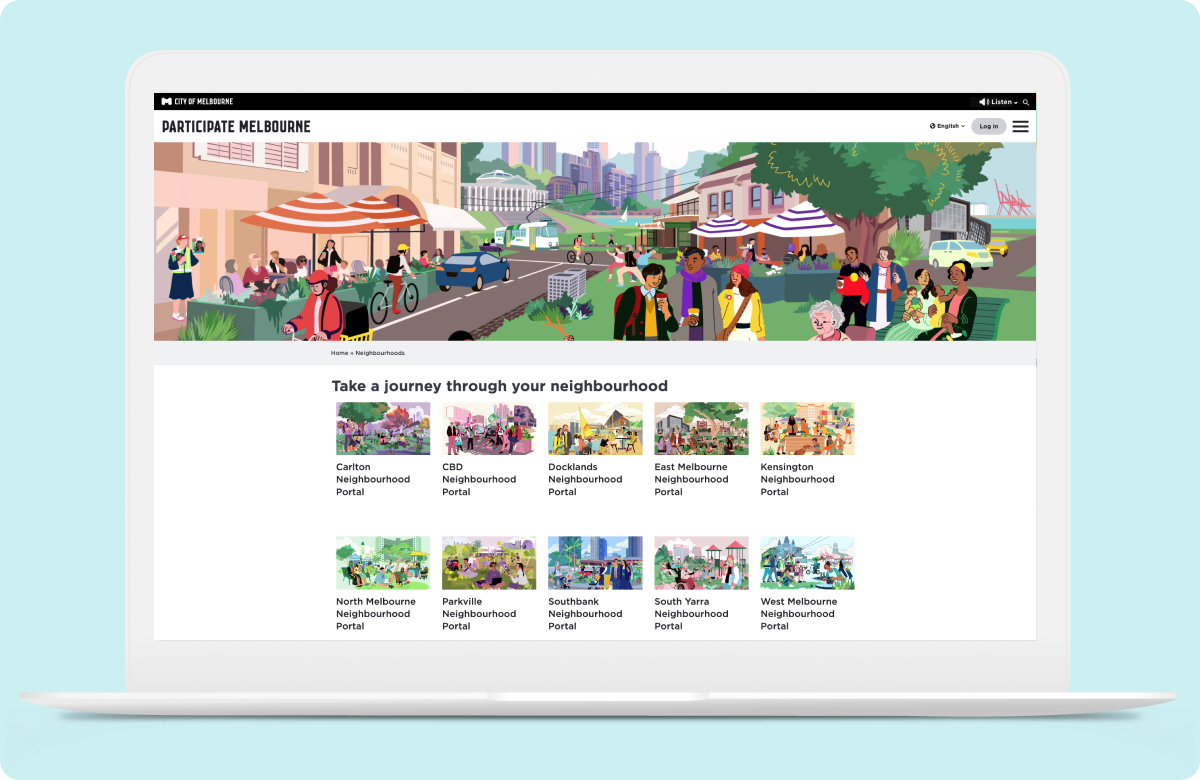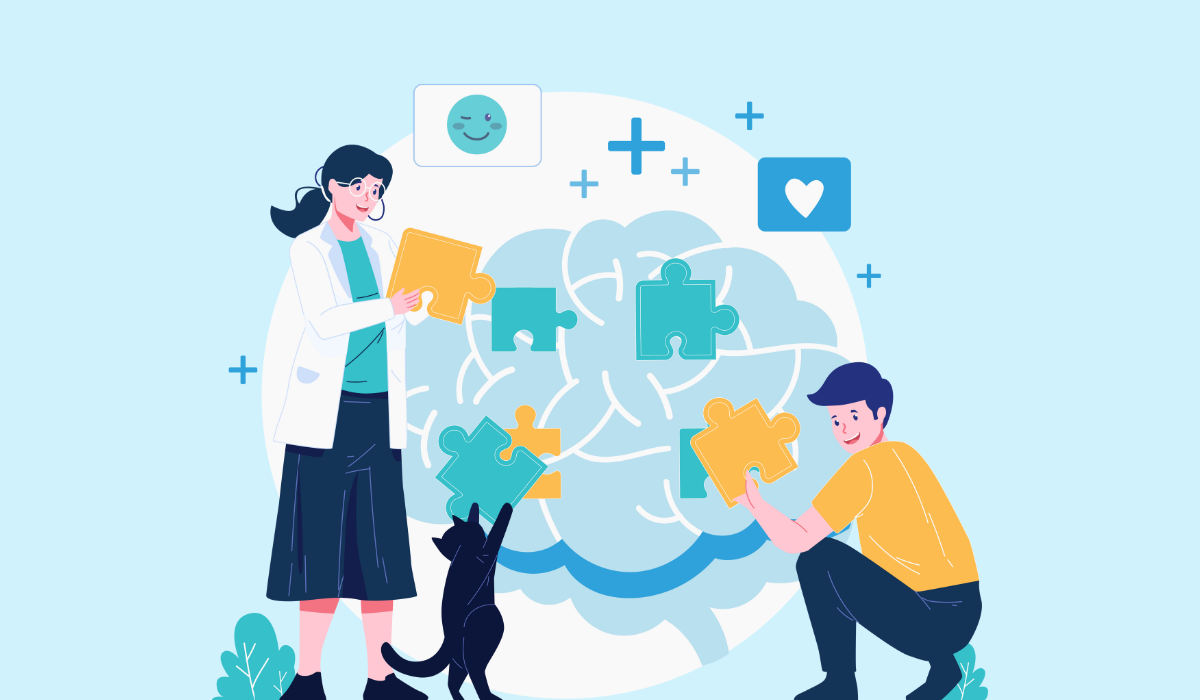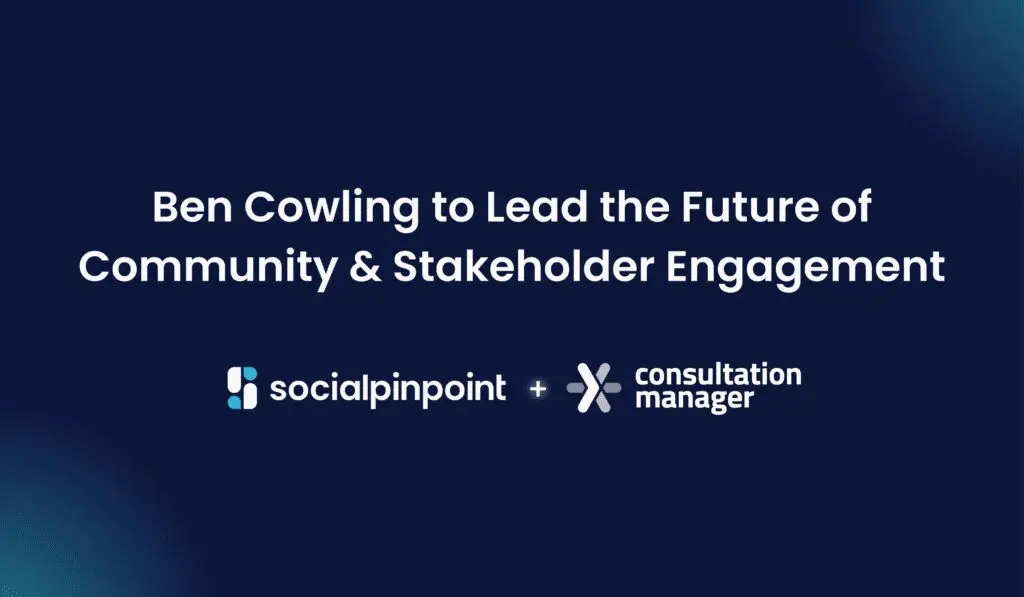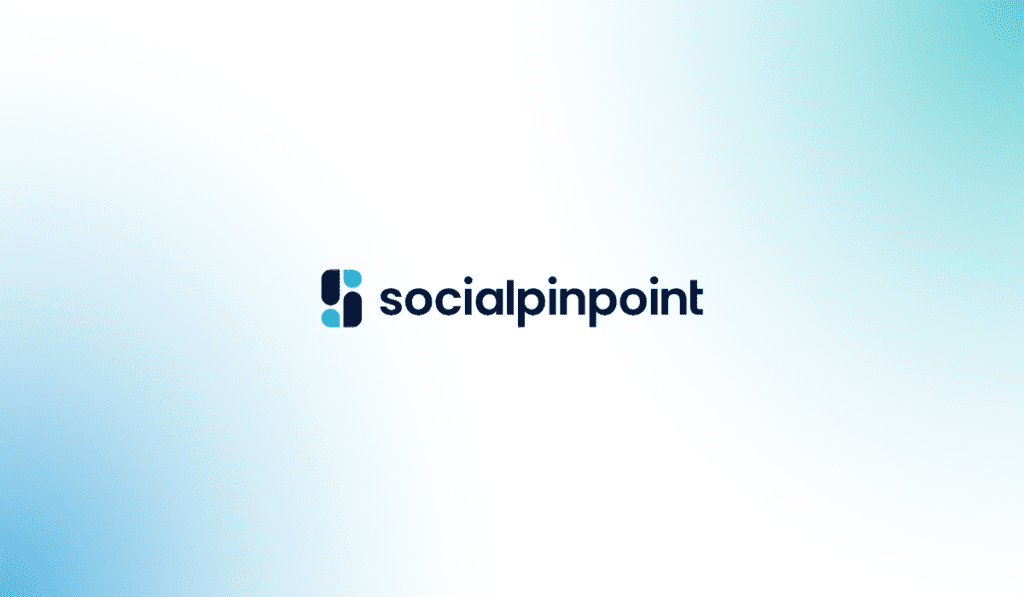In a recent study released by the Australian Bureau of Statistics in October 2023, it was revealed that 42.9% of Australians aged 16–85 had experienced a mental health disorder at some point in their lives. Specifically, within the last few years, predominantly during the pandemic years from 2020 to 2022, it indicated that 21.5% of individuals aged 16–85 had a 12-month mental disorder, while 37.9% had a selected physical condition. Comparing this to the 2017-18 data, there was an increase from 20.1% to 17.5% in 2014-15 for Australians with a mental or behavioural condition.
Concerning this surge in mental health disorders, we spoke with a well-known mental health agency to understand the implications for engagement levels between individuals and agencies post-pandemic.
When it comes to mental health engagement, a local focus is preferred. Those accessing mental health services tend to favour local services with regional knowledge, often avoiding online relational engagement tools. Mental health services predominantly engage online by sharing resources and facilitating support groups, including reference groups comprising individuals with specific mental health conditions and groups involving their families and caregivers.
Present engagement activities primarily involve surveys conducted by various agencies, while face-to-face grassroots engagement occurs at the local level through offices, established meeting places, or social media where data management and analysis are challenging.
Despite agencies utilising social media for organic content and advertising outreach, engaging service users with privacy and confidence remains a challenge.
Considering the ongoing outreach, feedback, and engagement, why not explore the use of a digital engagement platform to consult individuals, involve groups, and promote resources and outcomes from these collaborations, especially at a local level?
Five Benefits of Utilizing Digital Engagement for Mental Health Professionals
Here are five benefits of utilizing digital engagement for professionals in the mental health field when the focus is on staying local:
- Enhanced Local Connections
- Increased Accessibility
- Tailored Support Services
- Reduced Stigma at a Local Level
- Collaborative Local Initiatives

1. Enhanced Local Connections
Digital community engagement facilitates mental health professionals in establishing stronger connections within their immediate geographical area. This approach fosters a sense of community and solidarity, exemplified by the City of Melbourne’s successful Neighbourhood Portals on Social Pinpoint.
Peer Support Groups – Facilitating online peer support groups where individuals can connect, share experiences, and provide mutual support. Peer support has shown to be effective in reducing feelings of isolation and promoting a sense of belonging.
2. Increased Accessibility
Digital community engagement platforms broaden the reach of mental health professionals, connecting with a more diverse audience locally. This accessibility extends support to individuals who may face barriers to traditional in-person services due to geographical limitations or disabilities. Social Pinpoint’s bespoke translation tool enhances engagement diversity across different languages in your locality.
Crisis and intervention resources – Ensuring that the platform includes easily accessible crisis intervention resources, such as helplines and mental health crisis services is vital. Having immediate access to support in times of crisis is crucial.
3. Tailored Support Services
Professionals can use digital engagement platforms to collect local information, offering support services and resources tailored to the unique needs of their community. Social Map simplifies data collection for a more effective understanding of local challenges.
Interactive Assessments and Screening Tools – Include evidence-based mental health assessments and screening tools to help individuals self-assess their mental health. These tools can guide users to appropriate resources based on their needs.
4. Reduced Stigma at a Local Level
Engaging with digital communities allows mental health professionals to address stigma directly. By participating in local conversations about mental health, they can break down stereotypes and promote open dialogue, ultimately reducing stigma on a community scale. Social Pinpoint’s Conversation tool facilitates open discussions in groups or privately.
Psychoeducational resources – Provide evidence-based psychoeducational resources on various mental health topics. This can include articles, videos, and infographics that offer practical tips and information for managing mental health challenges.
5. Collaborative Local Initiatives
Digital platforms provide a space for mental health professionals to collaborate with local organizations, government agencies, and community leaders. This collaborative approach ensures that solutions are well-suited to the local context. Social Pinpoint’s Private Project functionality allows professionals to work together confidently before launching any initiatives.
Community initiatives – Engaging the community in collective challenges or initiatives that promote a sense of unity and purpose. Collaborative efforts can contribute to a supportive community environment.
In summary, digital community engagement offers mental health professionals a range of benefits, including enhanced local connections, the ability to tailor support services, reduced stigma at a local level, collaborative local initiatives, and targeted outreach and services. These advantages empower professionals to make a significant impact on the mental health and well-being of their local communities.












